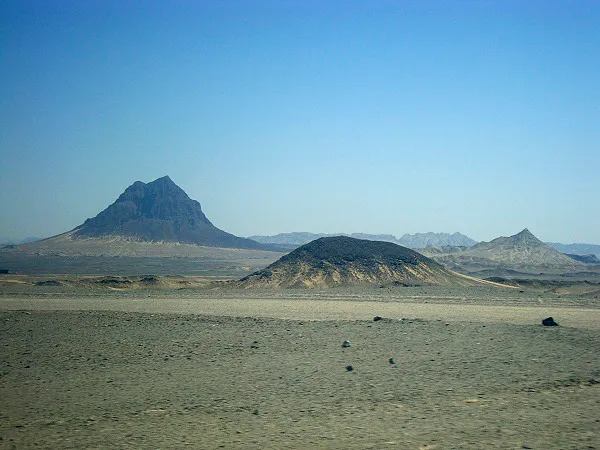Foreign investors in Pakistan are facing a tough time as Baloch separatists who have been targeting Chinese assets till now have also threatened a Canadian company which is set to invest in Islamabad.
The Pakistan government has signed a deal with Canadian gold giant Barrick Gold which is expected to invest in Balochistan like China.
Barrick Gold is poised to mine an area known as Reko Diq in the Chagai district of Balochistan Province, home to one of the world’s largest undeveloped deposits of copper and gold.
The company has already found itself in the sights of Baloch separatists.
A recent example of it is July’s blast at a security checkpoint in Gwadar.
According to Nikkei Asia, a team of senior officials from the Canadian company visited Gwadar in the last week of July. The tour preceded the explosion in the same night at a security checkpoint in Gwadar.
However, the blast by Baloch insurgents was low-intensity.
After a legal dispute and years of out-of-court negotiations, Barrick and the Pakistani government reached an agreement to move forward in March, Nikkei Asia reported.
Immediately, an umbrella organization of four Baloch insurgent groups called BRAS issued a warning to the company to either stay away from Balochistan’s mineral resources or prepare for deadly attacks.
BRAS includes the Balochistan Liberation Army (BLA), which is designated as a terrorist organization by the US State Department.
Barrick Gold has 16 operating mines in 13 countries. It plans to invest USD 7 billion in Reko Diq over the next five years and will have a 30-year mining lease with an option to extend.
Recently in a video, Allah Nazar, the reclusive leader of another BRAS member, the Balochistan Liberation Front (BLF) issued a threat to Barrick, saying that foreigners should not be investing in Balochistan or exploiting its resources for Pakistan’s benefit.
Notably, Baloch insurgents also apposed Chinese activity in the region.
In April, a suicide bombing by a Baloch separatist at the Confucius Institute of Karachi University killed four people, including three Chinese staff members and a Pakistani driver.
“We’ve seen in recent months how Baloch insurgents have expanded their activities, that they clearly have the capacities to target their enemies, and that they won’t back down,” Michael Kugelman, deputy director of the Asia Program at the Wilson Center in Washington, told Nikkei Asia.
The Baloch have been fighting for their rights for many decades. The Pakistani security forces, in retaliation, have been targeting political activists, intellectuals and students. There has been a rise in the number of killings, enforced disappearances and torture by the Pakistan Army and the Frontier Corps.

